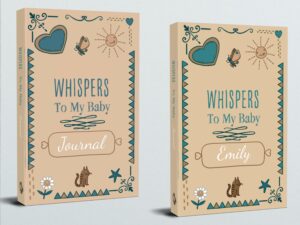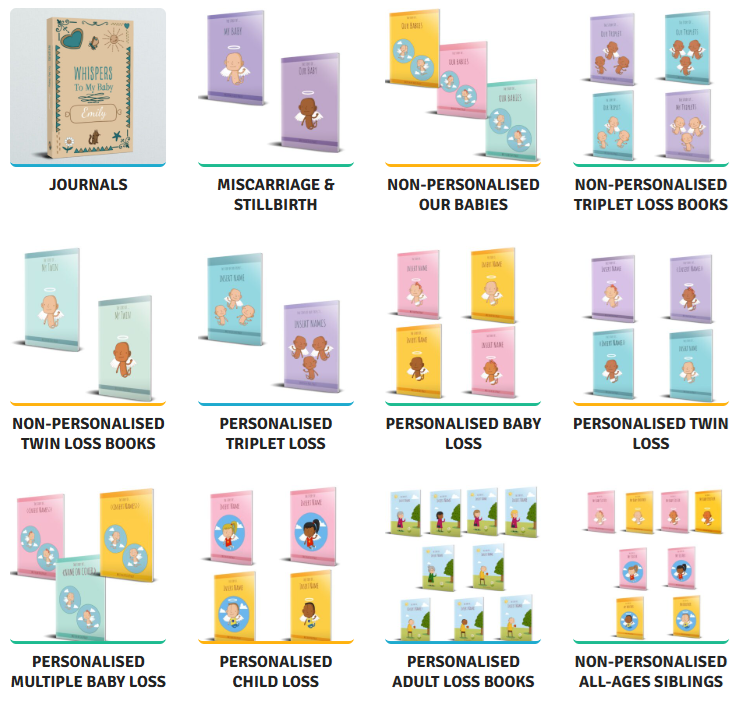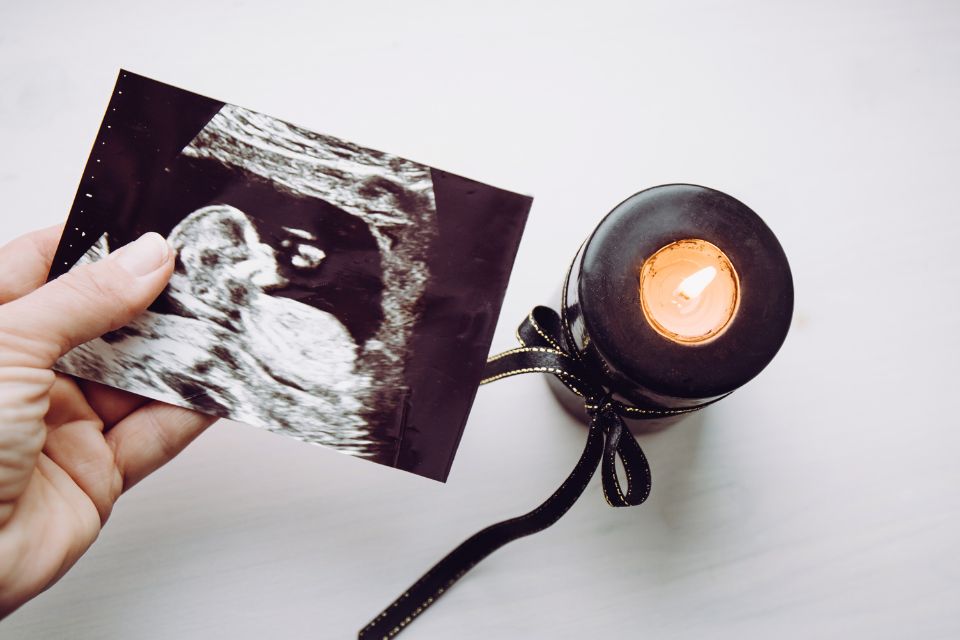Baby loss is a devastating experience for parents and any resources to help them in their journey is welcome. Journaling is a way to help process the emotions and midwives may introduce this as a way of support. Gail Powell, Author and Publisher, shares how journaling may be helpful and introduces the Baby Loss Memory Journal as a new tool that can be used.
_________________________________________________
Introduction
The experience of baby loss is one of the most emotionally intense and life-altering challenges a parent can face. Amidst the clinical environment of NICU, the devastating moments of loss, and the whirlwind of emotions that follow, parents often feel silenced by shock and grief. In these moments, journaling offers a gentle yet powerful way to create space for emotional release, reflection, and healing.
More than a simple record of thoughts, journaling is increasingly recognised by midwives and bereavement professionals as a therapeutic tool that complements care, especially when tailored to the baby loss experience.
As the creator of the Baby Loss Memory Journal and a passionate advocate for writing as therapy, I’ve seen first-hand how journaling can provide a private sanctuary. In this safe space, emotions can be expressed, preserved, and gently explored over time.
1. A Safe Space for Emotions
Grief following baby loss can feel isolating. Parents often struggle to articulate their feelings and may worry about overwhelming others or fear being judged. A journal offers a safe and non-judgmental place to express thoughts they might not be ready to share aloud – sadness, anger, guilt, hope, love – all can be explored freely.
Journaling can also provide a space for parents whose babies are in neonatal care when so much feels beyond their control. It offers a way to record daily milestones, fears, progress, and hopes, fostering a sense of continuity and emotional grounding.
2. Helping to Process Trauma and Loss
Writing has long been used in mental health settings as a way of processing traumatic experiences. By putting words to their pain, parents begin to untangle the complex emotions associated with baby loss. This act of storytelling – even if only for themselves – can aid emotional regulation, reduce anxiety, and help them make sense of what has happened.
Prompts and reflective questions can gently guide parents through this process, especially when words don’t come easily. Our Baby Loss Memory Journal offers optional prompts while leaving space for free expression – balancing structure and freedom for each unique journey.
3. Memory-Making and Legacy
For many parents, there is a deep need to create a tangible memory of the baby they have lost. Journaling not only preserves their own story but also becomes a legacy – a place to document the precious moments, memories, and emotions that keep their baby’s presence alive.
From writing letters to their baby to recording details like their name, weight, or special milestones in the neonatal unit, journaling can feel like a continuation of parenting – an act of love and remembrance. This aspect of memory-making can be particularly helpful in giving permission to grieve and celebrate the brief life of the baby.
4. Midwives and Bereavement Professionals Are Embracing Journaling
Many professionals in maternity and neonatal care now recognise journaling’s therapeutic benefits and recommend it as part of post-loss care. Organisations and Charities are increasingly including journaling recommendations in their resource toolkits.
Anecdotally, I’ve received heartfelt feedback from parents and midwives alike, sharing how the Baby Loss Memory Journal has helped open up conversations, supported emotional healing, and offered a meaningful way to honour grief and preserve memories.
When a parent feels seen and supported medically and emotionally, the care experience becomes more holistic and compassionate.
5. A Journal as a Keepsake
Our journal is designed to be more than functional. It is a beautiful keepsake, and our new journal can be personalised with the baby’s name on the cover, making it deeply individual.
Of course, you can also use any blank notebook or journal. The important thing is that writing down your thoughts and feelings can bring comfort, clarity, and connection during the hospital stay, in the early days of grief, and long into the future.
A grief journal can evolve from a tool for healing into a cherished item that parents return to in years to come. It holds space for love, loss, and everything in between, whether filled with words, drawings, photographs, or memories.
Conclusion
Journaling through grief isn’t about fixing what can’t be fixed. It won’t take the pain away, but it can offer something quietly powerful: a safe, personal space to honour emotions, capture memories, and begin to make sense of life after loss.
Midwives, student midwives, and birth workers are uniquely positioned to gently introduce this practice, helping families find their voice when words feel hard to find—allowing healing to begin, one page at a time.
About Loss Books
Gail Powell is a qualified life coach, author and founder of Loss Books Ltd, a publishing company specialising in memory storybooks for young children. She launched the company after supporting Kate Polley with her award-winning twin loss book Sam and Finn.

Loss Books’ latest release is ‘Whispers to My Baby’, a guided baby loss journal for parents published in April 2025.
To learn more about their Baby Loss Memory Journal or to request a sample baby or twin loss storybook and leaflets for your family room, please email gail@lossbooks.com.
To take a look at the range of books where there is a LOOK INSIDE on each of the order pages, go to – www.lossbooks.com/store

April 2025


